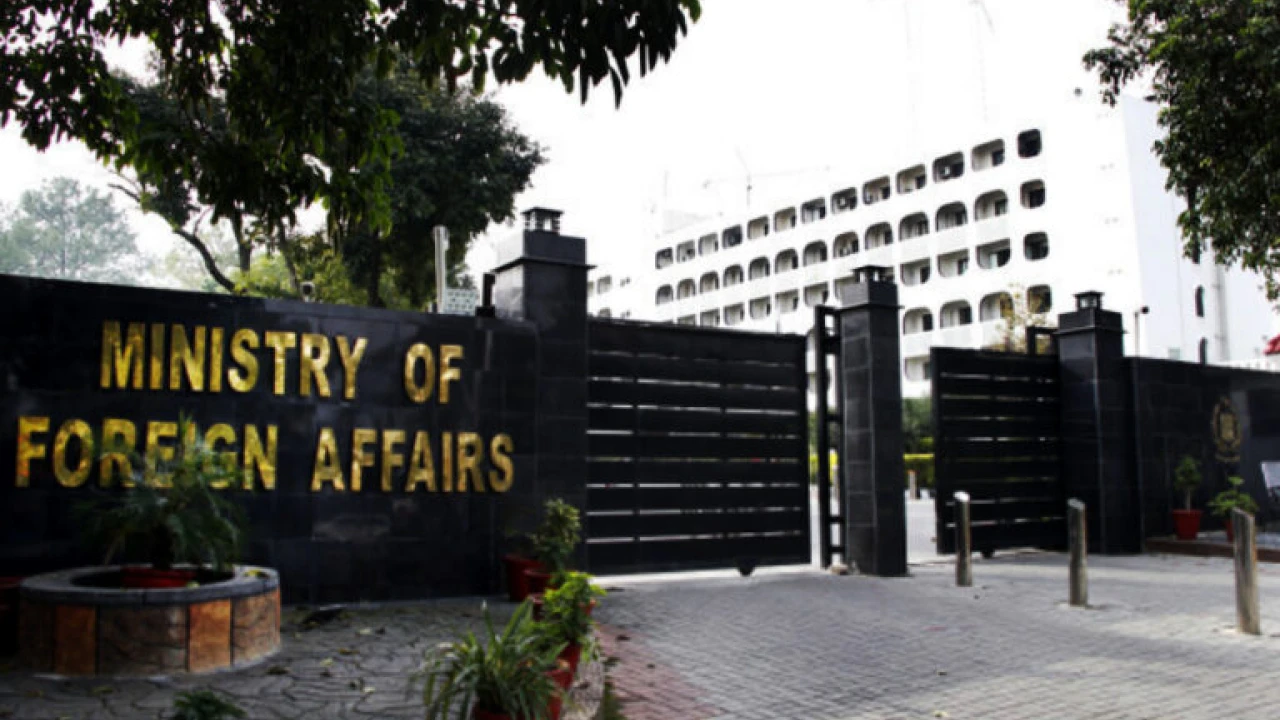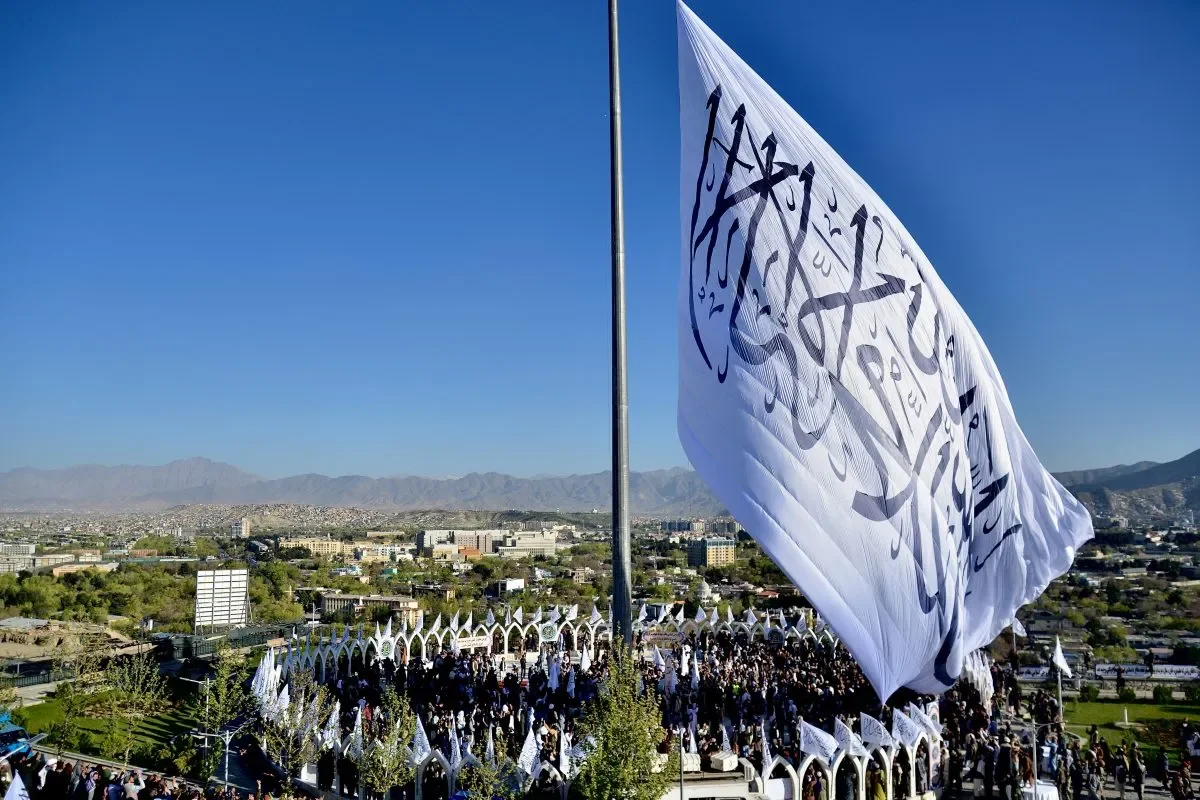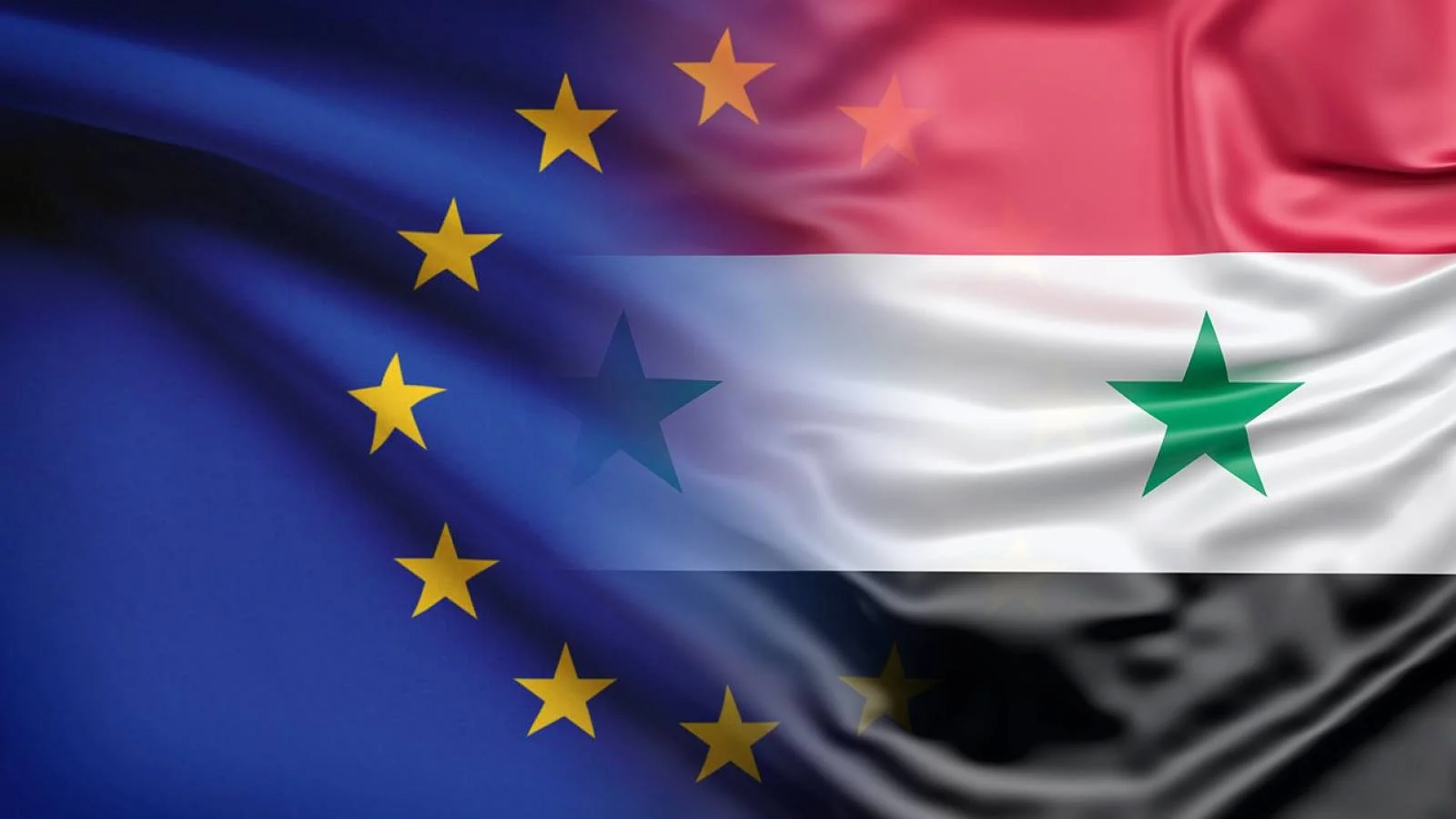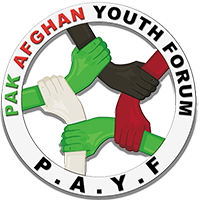Syria’s recent political upheaval has dramatically altered the landscape, prompting various countries to respond to the developments, particularly in relation to the fall of President Bashar al-Assad.
This report highlights the responses from Pakistan and Afghanistan, followed by insights from other global players.
Pakistan’s Response
Following the fall of the Assad regime, Pakistan has expressed its concerns over regional stability. The Pakistani government emphasizes the importance of maintaining peace and unity in Syria and supports efforts that prioritize the humanitarian needs of the Syrian people.
Officials have called for the international community to facilitate a peaceful transition, ensuring protection for all citizens amidst the ongoing conflict.

Also See: IEA ‘Congratulates’ Syrian People, Rebels After Assad Fall
Afghanistan’s Reaction
The Islamic Emirate of Afghanistan has officially congratulated the Syrian people and the rebel group Hay’at Tahrir al-Sham (HTS) for ousting Assad. In its statement, the Afghan government expressed hope that this transition would pave the way for a stable and unified governance system in Syria, aligned with the aspirations of its people.
They called for a constructive approach from foreign players to support Syria’s progress towards peace and stability. The IEA has further described the fall of Assad as essential for ending the factors of conflict and instability within Syria.

United States’ Position
President Biden has stated that Bashar al-Assad should be “held accountable” for the violence and human rights abuses that have occurred during his regime. The Biden administration reaffirms its support for a peaceful political transition and emphasizes the necessity of humanitarian aid for the millions affected by Syria’s civil war.

European Union’s Perspective
The EU has welcomed the fall of Assad, calling it a historic moment for the Syrian people who have endured much suffering. Officials stress the importance of an inclusive dialogue among Syrian factions to establish a stable and democratic governance system while maintaining the country’s territorial integrity. The EU also emphasizes the protection of civilians and the rights of minorities during this transitional phase.

Russia’s Stance
Following the changes, Russia has recognized Assad’s departure. They acknowledge the necessity for a political solution to the crisis in Syria. Russia has pledged to ensure the safety of its military bases in the region. The Kremlin has stated its commitment to maintaining Syria’s sovereignty and territorial integrity. This is while navigating the shifting dynamics in the region.

Iran’s Position
Iran finds itself in a weakened position following Assad’s fall, realizing its influence in Syria has diminished. Tehran now advocates for a national dialogue among Syrians to shape their own future without foreign interference.
China’s Response
China has emphasized that the future of Syria should be determined by its people, advocating for a political solution to restore stability in the region. Beijing is closely monitoring developments and supporting efforts to establish a government that represents all Syrians.
Saudi Arabia’s Perspective
Saudi Arabia is actively communicating with regional stakeholders to avoid chaos in Syria following Assad’s ouster. The kingdom has acknowledged the situation’s positive aspects while stressing the need for stability and the rights of minorities.
UAE’s Stance
The UAE has reiterated its commitment to the unity and integrity of Syria, calling for wisdom among the Syrian parties during this critical time. They are closely monitoring developments while advocating for stability to prevent chaos.
Qatar’s Position
Qatar is focused on preserving national institutions and unity in Syria, urging dialogues to prevent a return to chaos. They call for adherence to international resolutions regarding Syria’s future and emphasize support for the Syrian people
Conclusion
The fall of Bashar al-Assad marks a significant turning point for Syria, with varied international responses reflecting the complexities of geopolitical interests in the region.
The reactions from Pakistan and Afghanistan highlight regional dynamics. Global actors like the US, EU, and Russia are considering the strategic ramifications. This is in light of the ongoing humanitarian crisis. There is also a focus on the need for a stable governance framework in Syria.
PAYF Insights are social media threads by various authors, reproduced here for wider consumption.



